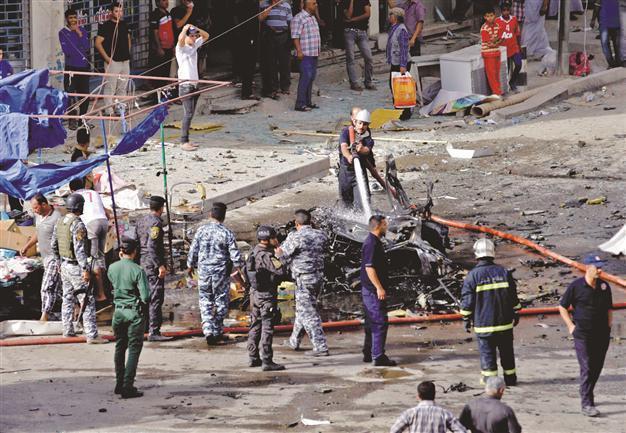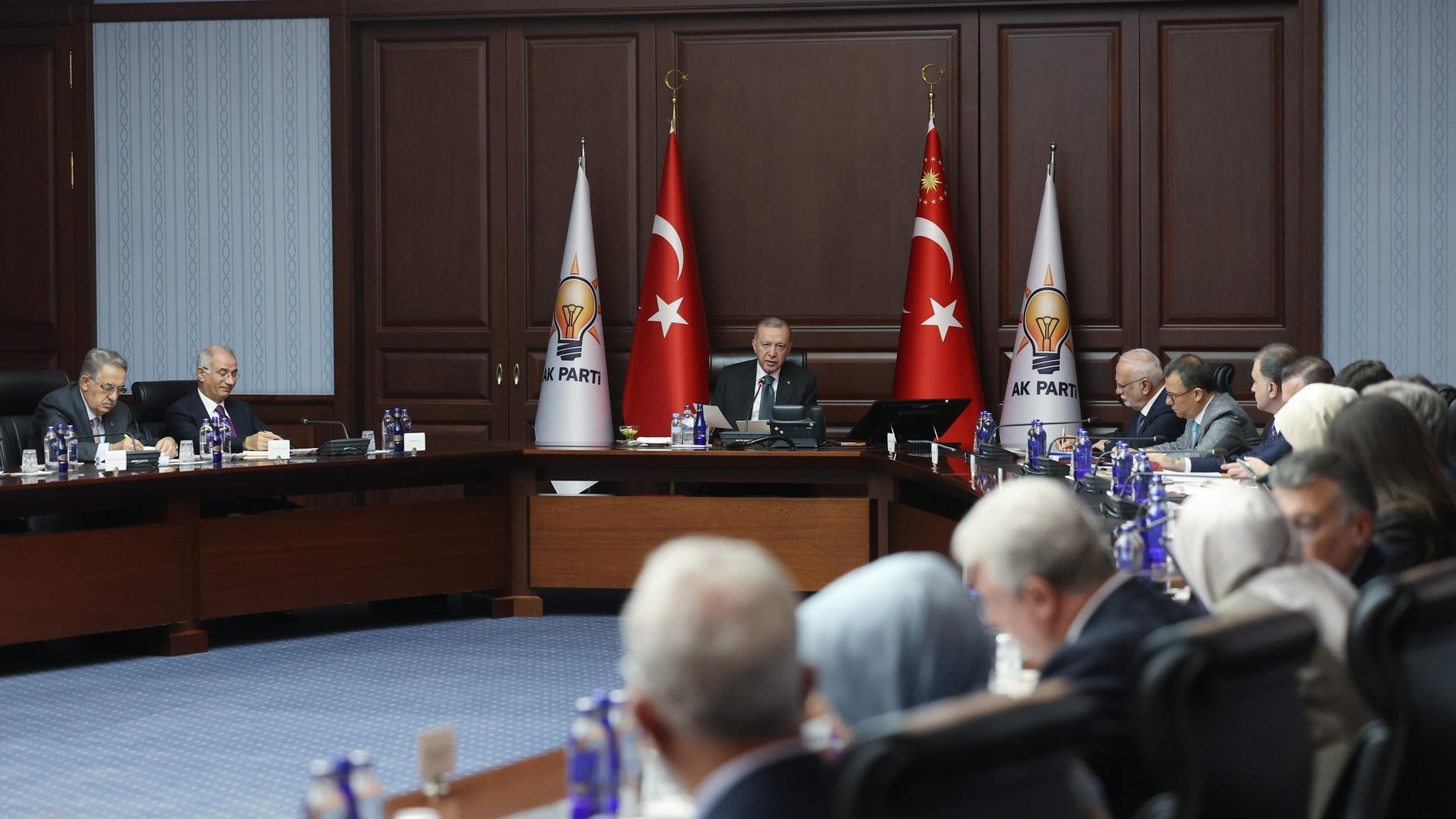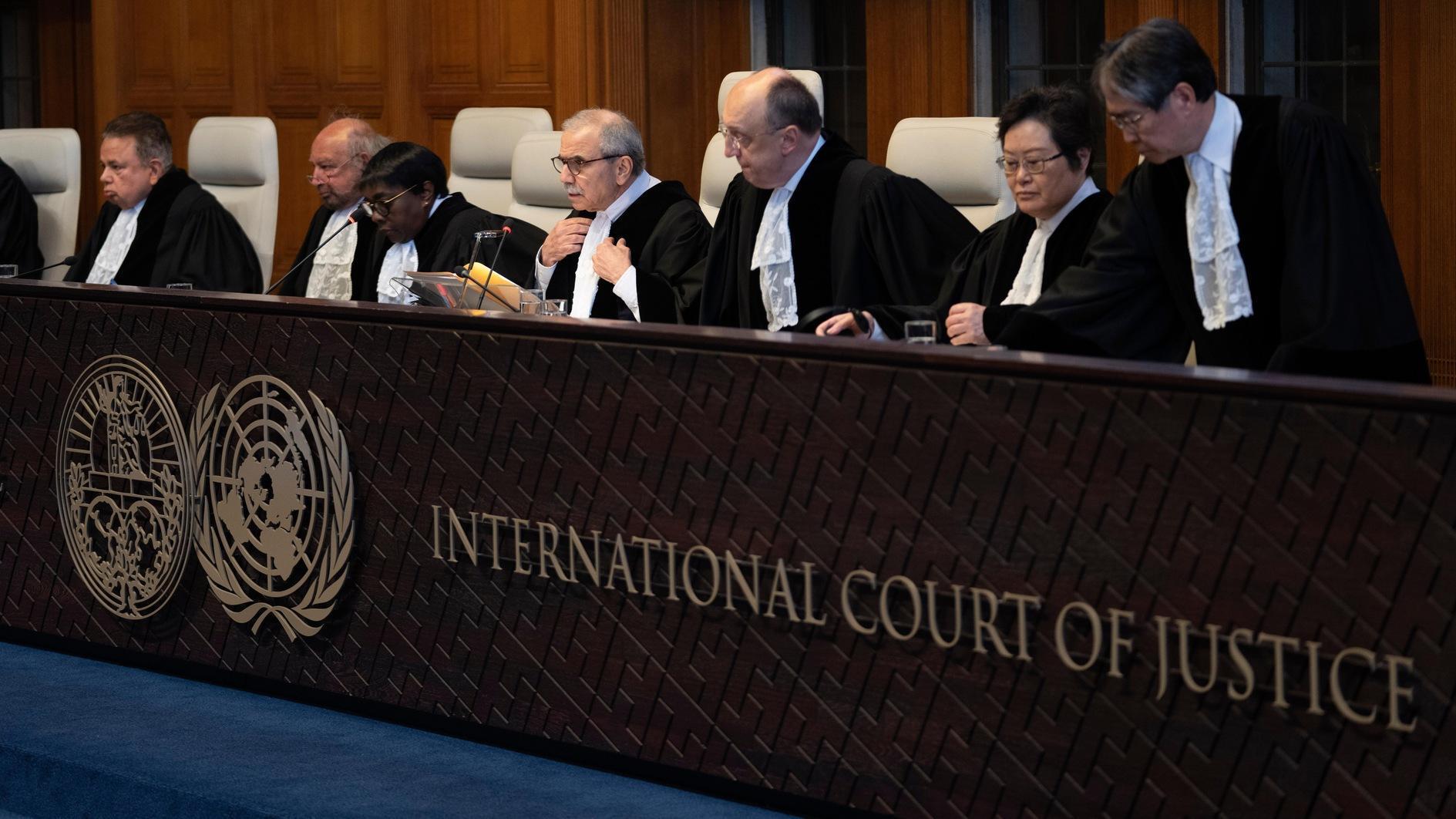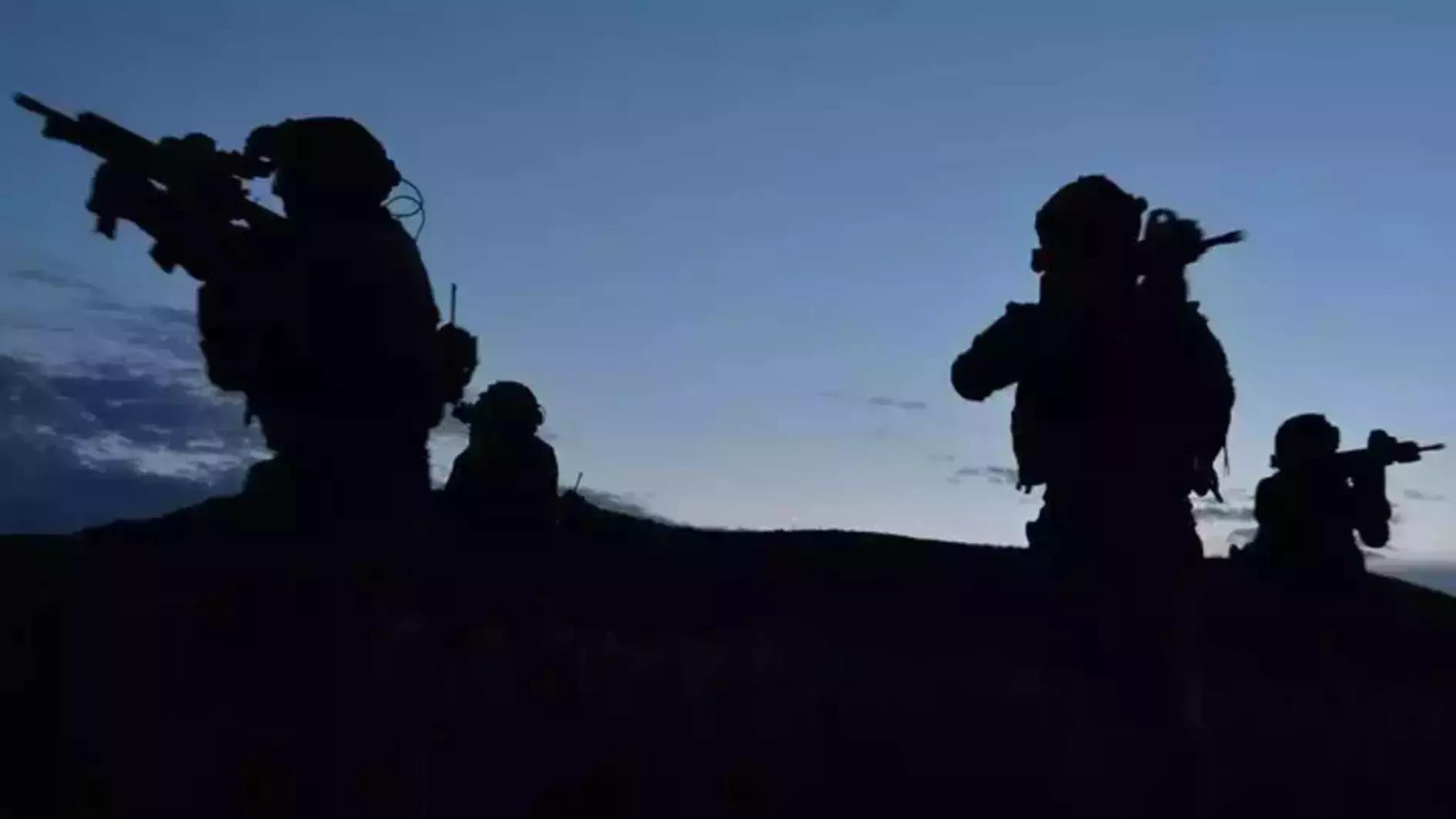Attacks in Iraq kill over 50, sectarian tensions high
BAGHDAD - Agence France-Presse

Security forces inspect the scene of a car bomb attack in Baghdad. An explosion hit the busy commercial Sadoun Street in central Baghdad. REUTERS photo
Attacks in the Baghdad area and northern Iraq killed 50 people on Monday, the latest in a wave of violence that has sparked concern in a country still only a few years from brutal conflict.The unrest, including bombings in Baghdad that mainly targeted Shiite areas, comes at a time of heightened sectarian tensions in Iraq, with the Sunni minority accusing the Shiite-led government of marginalising and targeting their community.
With the latest attacks, more than 930 people have been killed in Iraq in less than two months -- a bloody wave of unrest Iraqi authorities have so far failed to stem.
No group immediately claimed responsibility for the latest spate of attacks, but Sunni militants linked to Al-Qaeda often set off coordinated explosions, in particular targeting Shiites whom they regard as apostates in a bid to foster tensions and undermine confidence in the security forces.
Nine car bombs in Baghdad killed at least 50 people and wounded 80, while two blasts near the capital left at least six more dead and 34 wounded, security and medical officials said.
Baghdad has been hit by a number of bombings, often in Shiite areas, so far this month in which dozens of people have died.
Elsewhere, separate shootings in the disputed province of Kirkuk killed an anti-Al-Qaeda militiaman and a private generator operator, while a roadside bomb in the main northern city of Mosul left a police colonel dead.
Iraq's autonomous Kurdish region wants to incorporate oil-rich Kirkuk over the federal government's strong objections -- a dispute diplomats and officials say is a major threat to the country's long-term stability.
The areas of northern Iraq where the attacks occurred are home to substantial populations of Sunni Arabs, the community that has for months held demonstrations against alleged government targeting and discrimination.
While the government has made some concessions aimed at placating protesters and Iraqi Sunnis in general, such as freeing prisoners and raising the salaries of Sunni anti-Al-Qaeda fighters, underlying issues have yet to be addressed.
And an April 23 security forces raid on a protest site that sparked clashes in which dozens died sent tensions soaring higher still.
Analysts say government policies that have disenfranchised Iraqi Sunnis, coupled with Shiite-led authorities' refusal to make any major concessions to the protesters, have given militant groups fuel and room to manoeuvre among the disillusioned community.
The unrest also comes amid myriad political rows and fears that civil war in neighbouring Syria could spill over into Iraq and plunge the country further into crisis.
Violence in Iraq has decreased from its peak in 2006 and 2007, but attacks remain common, killing at least 200 people each month so far this year.
















